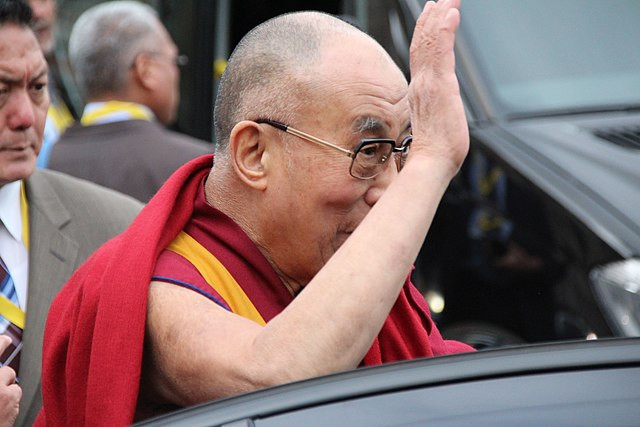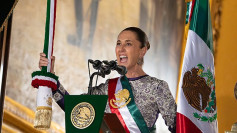The 14th Dalai Lama declared that his spiritual lineage will continue after his death and insisted that China will have no role in selecting his successor, signaling a fresh challenge to Beijing just days before his 90th birthday celebrations.
"I hereby reiterate that the Gaden Phodrang Trust has sole authority to recognize the future reincarnation," the Tibetan spiritual leader stated in a pre-recorded video aired at the opening of a religious conference in Dharamshala, where he has lived in exile since fleeing a failed uprising in 1959. "No one else has any such authority to interfere in this matter."
China's government responded swiftly. Reincarnation "must comply with Chinese laws and regulations," said Mao Ning, spokesperson for China's Ministry of Foreign Affairs. She reaffirmed Beijing's position that reincarnations of high-ranking lamas require "central government approval" and must involve "lot-drawing from a golden urn."
The Dalai Lama's announcement, paired with his remarks in his book Voice for the Voiceless that his successor would be born "in the free world," underlined a sharp rebuke to Beijing's longstanding attempt to control the succession of Tibetan spiritual leaders. The succession statement also marks a shift from earlier ambiguity, when he floated the idea that the lineage might end with him or even be reincarnated as a woman.
"I am affirming that the institution of the Dalai Lama will continue," he said.
Beijing's attempt to control Tibetan religious authority has historical precedent. In 1995, the Dalai Lama identified a six-year-old boy as the reincarnation of the Panchen Lama, the second-highest figure in Tibetan Buddhism. China detained the boy days later and installed its own choice, who has since pledged allegiance to the Communist Party. The original child has not been seen publicly since.
In Beijing's view, the Dalai Lama is a "political exile engaged in separatist activities under the guise of religion," Mao said. China passed a 2007 law mandating that reincarnations must be registered and conducted within its territory. Critics, however, say the government is attempting to subvert religious tradition for political ends.
"If the Dalai Lama, who's alive now, says, I'm not going to reincarnate in China, from a religious sense, there's nothing China can do about it," said Cameron Warner, chairperson of the Leadership and Reincarnation of the Dalai Lamas Research Network and a professor at Aarhus University in Denmark.
Tensions over succession come at a precarious moment for Tibetans in exile. The last official talks between the Chinese government and the Tibetan government-in-exile occurred in 2010. The Dalai Lama's declining health has added to anxieties about the future of Tibetan leadership.
Meanwhile, China's efforts to reshape Tibet's demographics and reinforce border surveillance have accelerated. Authorities have built networks of Han-majority villages along the Tibetan frontier, moves that analysts say serve both strategic and assimilationist purposes.
The Dalai Lama's reaffirmation of the succession process comes amid mounting criticism of the "middle way" approach he adopted in the 1980s, which sought genuine autonomy for Tibet under Chinese sovereignty rather than full independence.
Lobsang Sangay, former president of the Central Tibetan Administration, warned of the growing possibility of Beijing naming a "fake Dalai Lama." "Tibetans will see that boy-unfortunately a Tibetan-as a fake one," he said.
Despite uncertainty, tens of thousands are expected to converge in Dharamshala to celebrate the Dalai Lama's 90th birthday on July 6. Street banners, prayer flags, and festival preparations fill the hillside town.






